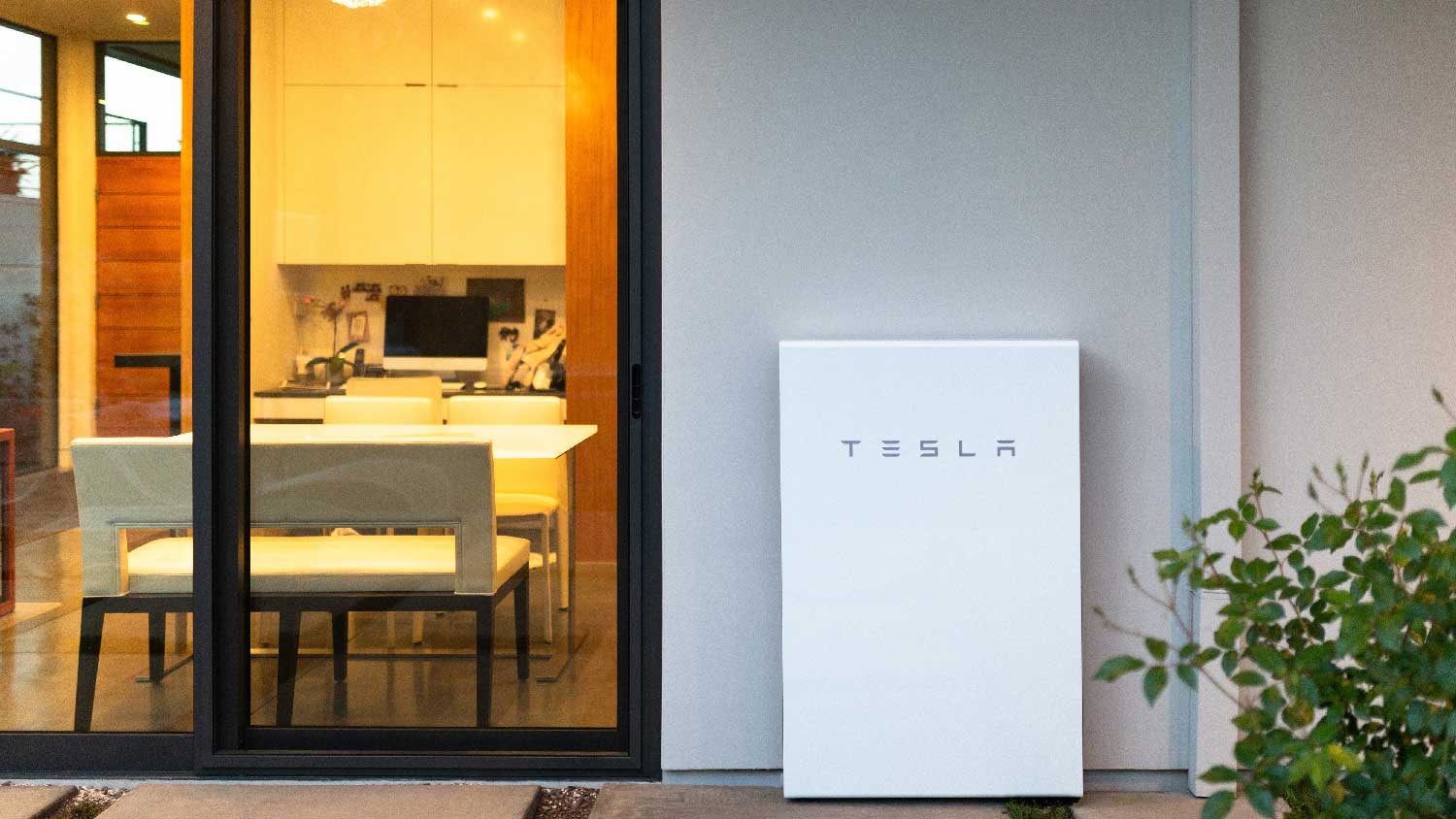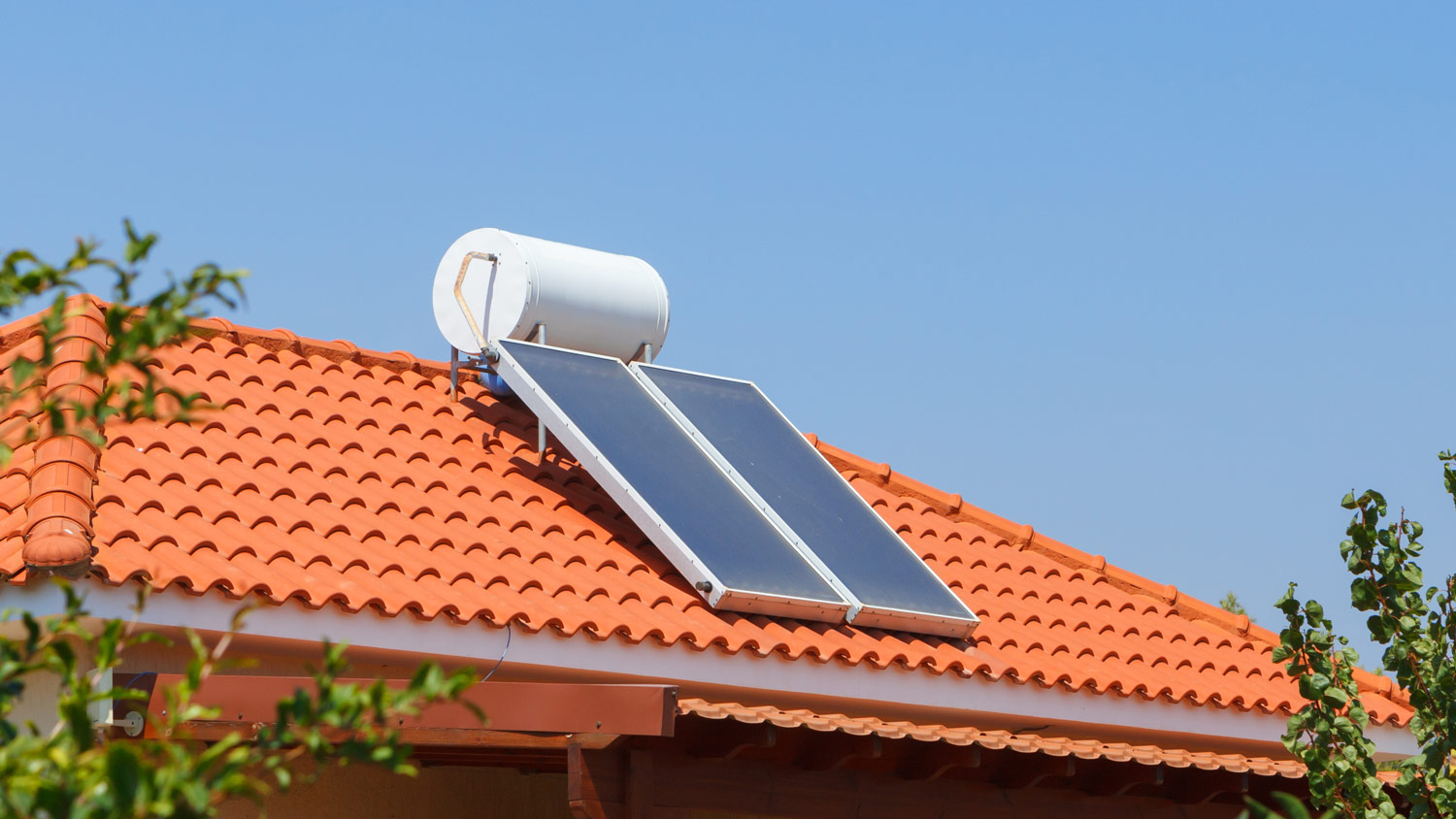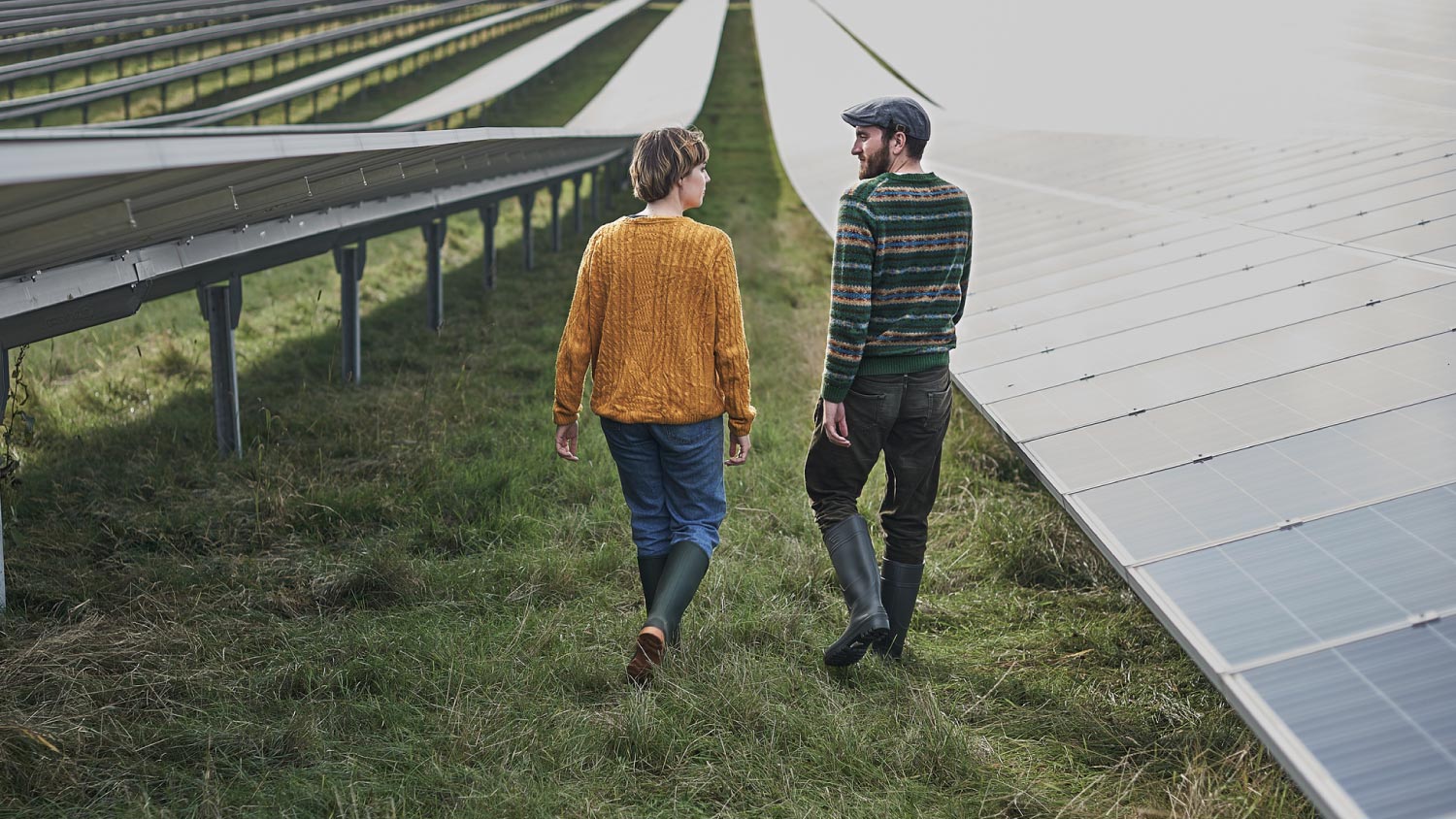
Discover the Tesla Powerwall installation cost, including average prices, cost factors, and tips to help homeowners budget and save on their Powerwall project.
Power up your quote game here


Review every portion of your solar quote in-depth to understand it better.
Do your research to see if your installer is reputable.
Weigh the pros and cons of your options to see if they align with your needs.
If you’re fed up with your monthly electricity bill or simply want to power your house in a more energy-efficient way, you might be looking at the switch to solar energy. If you’ve already received multiple quotes from local solar companies but are unsure what you’re looking at—don’t worry because we’ve got your back. Learn how to compare solar quotes properly in this guide.
Getting multiple quotes is a key part of any home project. With solar costs ranging in the tens of thousands of dollars, it’s crucial to find the right company to do the job. Comparing quotes isn’t always as easy as checking the quoted dollar amounts because each quote can include or exclude necessary services. Check the details in each quote before comparing them. Once you understand the different quotes, you’ll get a better sense of which company is offering the best solution for you.
The biggest mistake you can make during this process is not getting multiple quotes. While there are average costs you can research for your area, you won’t truly know the costs you can expect until you start making phone calls. By getting multiple quotes, you’ll get a good idea of a reasonable cost range, and you can make a more informed decision.
You can pay for the highest-quality equipment, but it serves no purpose if your pro doesn’t install it correctly. Your first step when comparing solar quotes is making sure you have a licensed, insured, and bonded solar panel installation professional. It’s tempting to get the least expensive services available, but if you don’t hire a certified solar installer, it can cost you money in the long run if your panels don’t function properly.
It always pays to shop around and get at least three quotes for your project. A solar installer can help estimate how many solar shingles or panels you’ll need for your roof.
But hiring a reputable installer can help you avoid problems down the road. Here are some things to look for in a solar panel installer in your area:
Licensed, insured, and bonded: Ask your contractor for their license number and check your state’s license board to verify it. You can also ask for their insurance and bond certification and contact the company to confirm that it’s up to date and it’ll cover your project. This protects you and them if anything goes array.
Good communicator: You want to hire a pro who can explain the project in detail and answer any questions you may have.
Promising reviews: See if you can find any reviews on previous work online or locally. Looking for reviews is also a good time to ask for recommendations if you know someone who has installed solar panels before.
You don’t want to rely on online solar quotes without having a pro come check out your home in-person. While online quote tools can give you a starting point, you’ll need companies to evaluate your home’s specific needs.
Plus, on-site visits lets you spot any red flags, like:
Pushy sales tactics
Rushing you to sign a contract and start the project
Refusing to discuss or show necessary paperwork like license and insurance information
Here are the key components of a solar quote to which you should pay close attention.
One of the biggest factors impacting the price of your solar installation is the system size and design. Check and see if the quotes vary in the number of recommended panels or in the design. Ask the installer to explain their recommendations in more detail if you see any notable discrepancies.

While your solar panels are the most noticeable portion of your solar system, they’re not the only part of it. Other components of your system are inverters, batteries, and racking systems. Your panels don’t differ much from each other, apart from their efficiency rating. However, your inverter, which is what converts sunlight into power, is worth reading more about since there are three different types. Here are some of the main pieces of equipment in a home solar system:
Brand: There are three tiers of solar panels: one, two, and three. Tier one offers high-quality units created by well-known solar industry brands, like LG. While tier two or three panels are more budget-friendly, consider factors like quality and warranty.
Solar panels: There are three types of solar panels: monocrystalline, polycrystalline, and thin-film. When choosing one, consider the number of panels you need to power your home, efficiency, life span, and design.
String inverter: These units are mostly used when your roof has sufficient southern sun exposure and only needs one plane of panels, and you can control all of your panels at once. This is the most inexpensive option, meaning you’ll likely need to replace it more and decent warranty coverage would be worth it.
Microinverter: Microinverters are best for roofs that experience any shading. These consist of multiple planes and offer panel-by-panel operation, so you don’t feel the effects of shading.
Optimizers: These inverters work well with partial shading and multiple sun orientations, similar to microinverters but at a more budget-friendly cost.
Solar batteries: Solar batteries store excess energy produced by solar panels so you can power your house during an outage, inclement weather, or at night. On average, solar batteries can add $10,000 to a solar panel installation project.
When comparing your solar quotes, look over each one and see what equipment they’re using for your home. The best way to remain knowledgeable is to learn more about the pros and cons of solar equipment and discuss any concerns or questions you may have with them.
If the price per watt isn’t in your quote, you can calculate it by dividing the price by the system size in watts. Most will have different system sizes, so you’ll get different prices per watt. You don’t want the lowest cost per watt because there’s a fine line between a good and bad deal. Pro tip: It probably is if it looks too good to be true.
The most inexpensive method to pay for solar panels is by paying them out in full with cash, with solar panel installation costs averaging $18,400 to $36,400. Now, if you don’t have the necessary dough to pay for your solar panels all at once (or prefer not to), we understand, and so do solar panel pros. So, when reviewing solar quotes, make sure to compare the financial options available to you and the terms they offer.
Other financing options include:
Loans: There are various types of loans that you can take out for your solar panels, such as installer financing, bank, and home equity. Look at your financing quotes and compare the term length, payment plan, and APR.
Leasing: You likely won't need to put down a deposit when you lease your solar panels, but it’ll cost you more overall.
You’ll always want to consider your budget and goals when comparing your options. If you’ll benefit from your state and local incentives and don’t mind placing a down payment on your panels, quotes with loans might be better. Or, if you’re not interested in paying for repairs, some leasing options might be right up your alley. You’ll want to look at the fine print since a con of leasing solar panels is that repairs can take longer.
Also, talk with your pro to see what other financing options they offer to help you decide.
When going over your solar quotes, a vital component you’re looking for is warranties from at least 10 to 25 years for equipment. You should also have a warranty that covers any labor you’ll need in the future if you experience problems with your system. And if your installer offers a warranty for mishaps that caused damages to your home or system.
To ensure you’re getting the best solar quote for you and your home:
Analyze your production estimate.
Look over all your quotes and see what estimates they’re giving you.
If you see one that’s glaringly low or high, talk with your pro to find out how they calculated your estimates.
Your estimates include situations such as weather fluctuations, type of panels, amount of shade your system experiences throughout the year, and system hiccups. So, while a high estimate is what most homeowners would love to see, realistically, they might not be able to keep their guarantee. You’re looking for an estimate that’s more conservative and considers various factors that can impact your system’s power output.
Getting the best solar quotes will start your project on the right track. Here are some tips that you can follow.
Review your past electric bills to see how much energy you use annually. This information can help you understand your solar energy needs before you contact the first company you’re interested in working with.
The National Renewable Energy Laboratory has a calculator called PVWatts that allows you to estimate your home’s solar potential. You enter your home address, and it estimates your roof size and the potential number of kilowatt-hours a solar system could generate each year. You can check this information against the quotes you receive to ensure the quote is on target.
Understanding available incentives like the solar tax credit will help you save as much money as possible. These only apply if you buy the panels outright, as you will forgo them if you opt for a lease. Either way, take some time to see what’s available in your state so you don’t miss out on key savings.
From average costs to expert advice, get all the answers you need to get your job done.

Discover the Tesla Powerwall installation cost, including average prices, cost factors, and tips to help homeowners budget and save on their Powerwall project.

Get a clear estimate for solar water heater repair cost. Learn what impacts pricing and how to budget for your solar water heater repair.

Get a detailed estimate of solar farm costs. Learn about average prices, key cost factors, and ways to save when planning your solar farm project.

Before making a decision, learn all the pros and cons of leasing solar panels so you can decide if it's the right decision for your home and your wallet.

Are solar panels worth it? It depends on several factors—from the sunlight in your yard to local energy costs. This guide will help you decide.

Ready to make the switch and join the solar panel homeowner community? Here are 15 key questions to ask solar companies before you seal the deal.